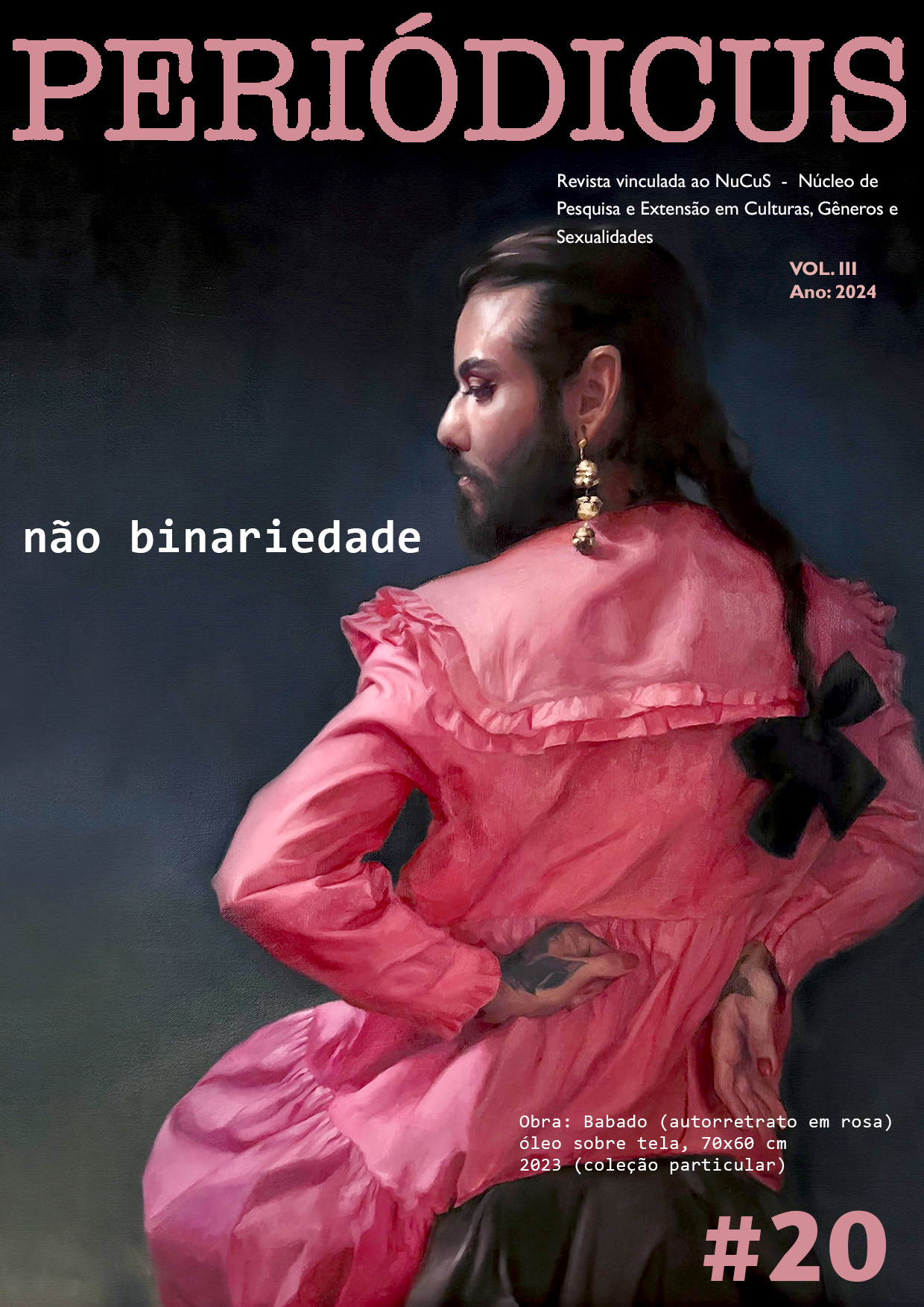Hazte Oír and OIB political learning, a think tank of the Brazilian anti-gender movement
DOI:
https://doi.org/10.9771/peri.v3i20.57396Abstract
This study focuses on the political learning resulting from the transnational alliance between the Observatório Interamericano de Biopolítica (OIB) and the Spanish organization Hazte Oír, which has contributed to the current configuration of the anti-gender movement in Brazil. The research adopts the hypothesis that Hazte Oír's mentoring provided OIB with significant political learning, reflected in the strengthening of its advocacy capacities and the consolidation of its position as an influential think tank in the debate on sexuality and gender in the context of 2013 to 2022. Using the Advocacy Coalition Framework (ACF), the study analyzes the dynamics of OIB's actions, focusing in particular on the interaction between the actors involved and the evolution of their tactics. The qualitative methodology employed is based on the analysis of a diverse corpus of documentary sources, including newspaper articles, official documents and material from public hearings. The conclusions indicate that the political learning acquired through this partnership has not only strengthened OIB's capacities, but has also positioned it as a central agent in promoting a conservative agenda in Brazil.
Downloads
Downloads
Published
How to Cite
Issue
Section
License
Copyright (c) 2024 Ana Kelma Cunha Gallas, Olivia Cristina Perez

This work is licensed under a Creative Commons Attribution-NonCommercial 4.0 International License.
Autores que publicam nesta revista concordam com os seguintes termos:
Autores mantêm os direitos autorais e concedem à revista o direito de primeira publicação, com o trabalho simultaneamente licenciado sob Licença Creative Commons Attribution Noncommercial que permite o compartilhamento do trabalho com reconhecimento da autoria e publicação inicial nesta revista, sendo vedado o uso com fins comerciais.
Autores têm autorização para assumir contratos adicionais separadamente, para distribuição não-exclusiva da versão do trabalho publicada nesta revista (ex.: publicar em repositório institucional ou como capítulo de livro), com reconhecimento de autoria e publicação inicial nesta revista.
Autores têm permissão e são estimulados a publicar e distribuir seu trabalho online (ex.: em repositórios institucionais ou na sua página pessoal) a qualquer ponto antes ou durante o processo editorial, já que isso pode gerar alterações produtivas, bem como aumentar o impacto e a citação do trabalho publicado (Veja O Efeito do Acesso Livre).







